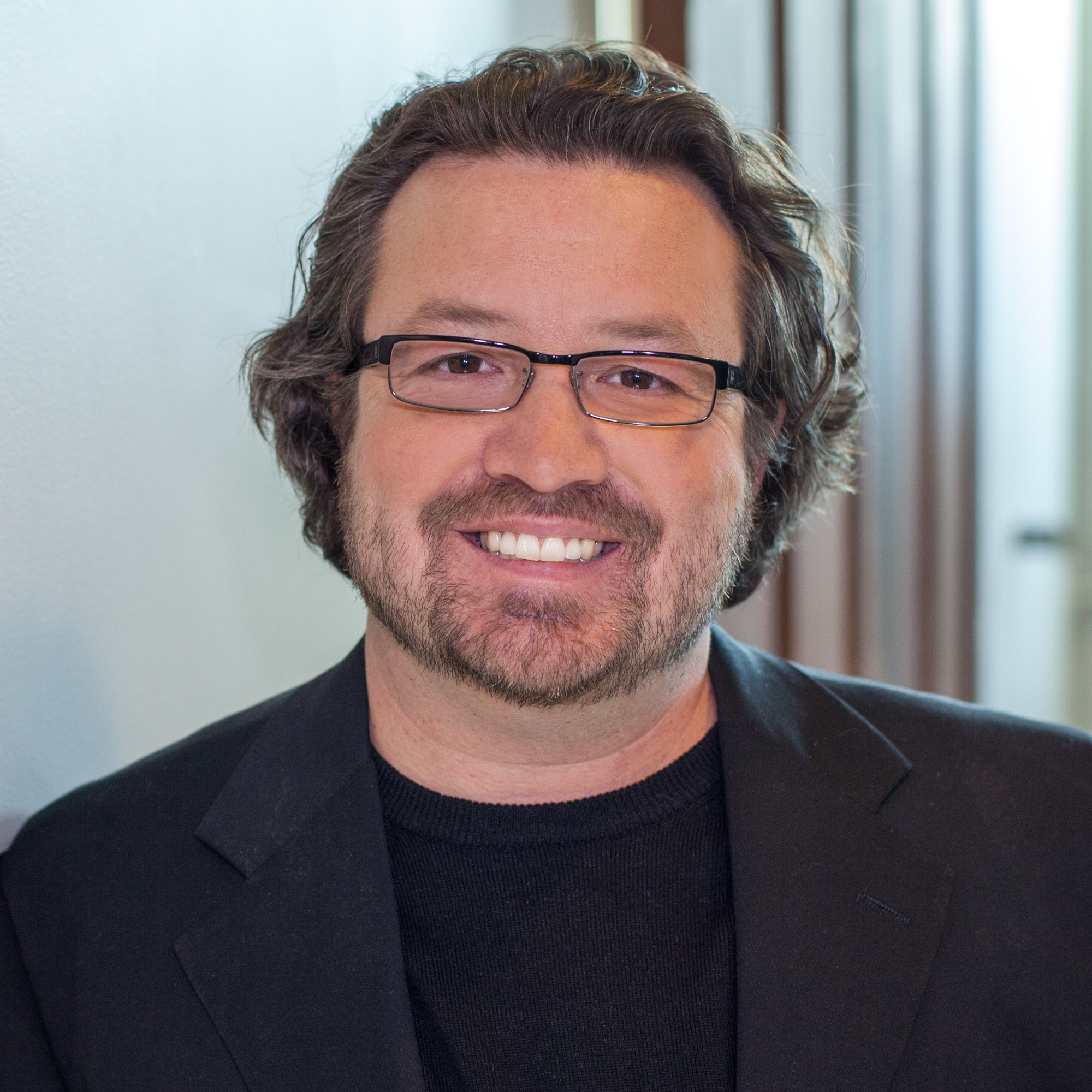|
|
Tuesday, August 18, 2015 
01:00 PM - 01:45 PM
| Level: | Business/Strategic
|
Where are these Big Data insights we keep hearing about? We’ve spent years gathering all of this Big Data in the hope that, one day, we’ll be able to analyze and derive great meaning from it. But, the reality is, today’s databases, based upon 1970s math, are simply incapable of delivering on the scale, speed and performance that is required to make today’s data useful.
Tree structure variations that others have developed in attempt to solve these issues aren’t cutting it. The results have been rigid, inflexible data infrastructures that are complex, sacrifice performance features and require an army of database architects to run.
In this session, Deep Information Science’s Founder and Chief Scientist, Thomas Hazel, will explain why this has created a need for an entirely different approach – a rewrite to that 1970s math that incorporates machine learning to allow the database to scale, adapt and accelerate to meet the complex demands that make Big Data actually work.
Attendees will learn: - New types of predictive algorithmic approaches that DBAs should take on to make machine learning in the database a reality
- The value of a solution that recognizes how data is changing and adapts accordingly with predictive behavior and resource distribution
- How to accelerate Hadoop and NoSQL to meet the increasing performance needs of applications
- How intelligent information orchestration could transform existing databases into hybrid analytic processing systems
Thomas Hazel is an avid inventor and serial entrepreneur. Over the last 20 years, he has been at the forefront of communication, virtualization, and database science and technology. Prior to founding Deep Information Sciences, he was Chief Architect at startups Akiban and Virtual Iron. Thomas is also the author of several popular open source projects, one of which is a database he sold to Oracle. Thomas has patented many inventions in the areas of distributed processes, virtualization and database science. He holds a degree in Computer Science from the School of Engineering at the University of New Hampshire, and founded the UNH and Deep chapters of the Association for Computing Machinery.
|
|
|



